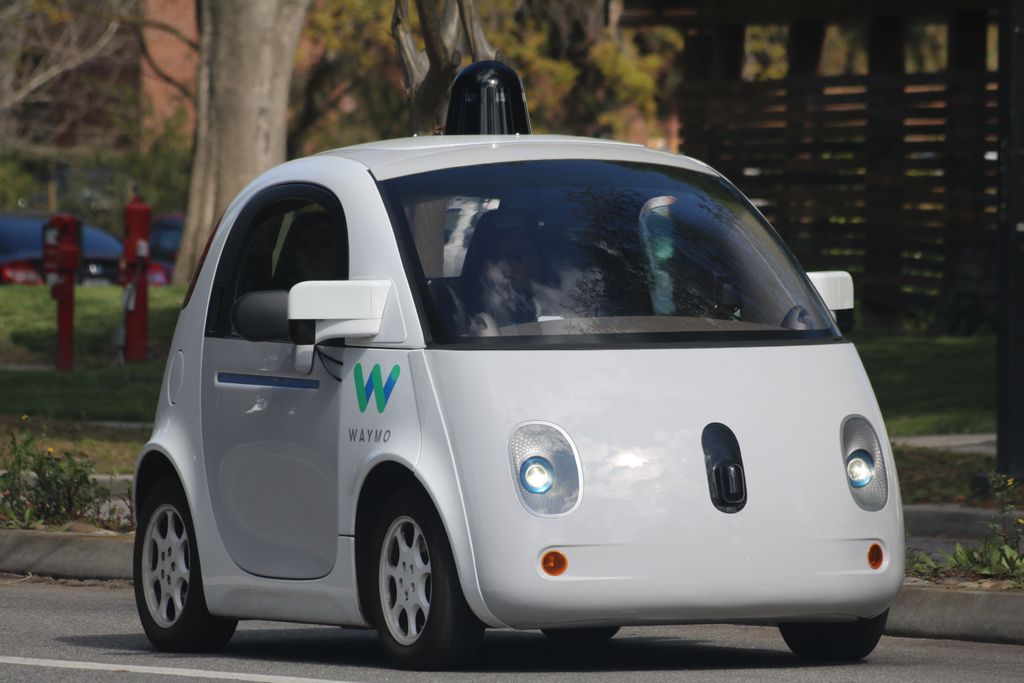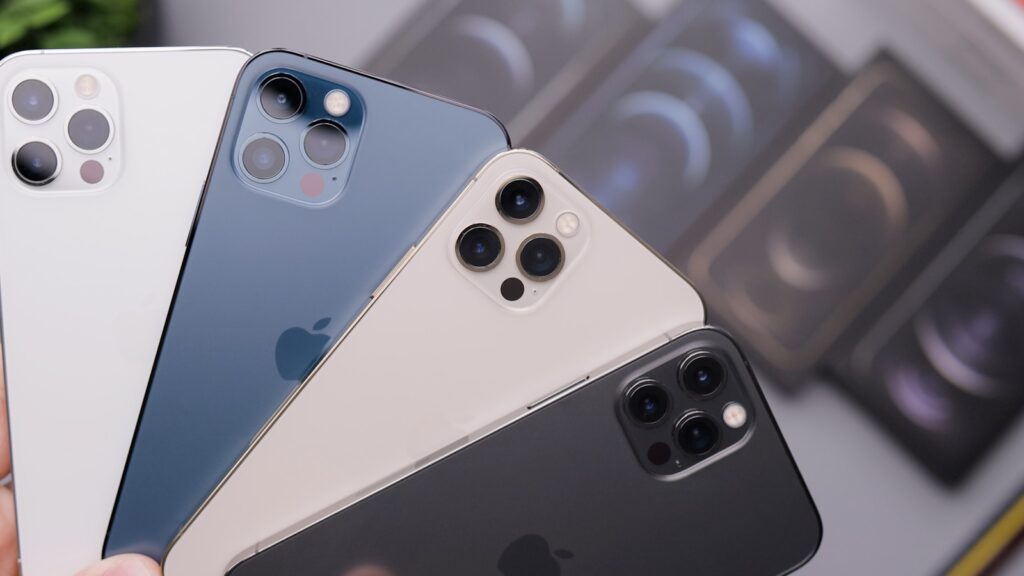That 80% of the population on the earth today uses cell phones for communication epitomizes how important such devices have become and are evident from the increased rates of usage in the last two decades. The level of widespread usage typifies how cell phones evolved from being luxuries to becoming ordinary goods, thus mirroring their deep impact in our personal and professional lives.
The cell phone has now become a multi-functional instrument that can carry out much more than just dialing and receiving calls. Its portability freed us from the shackles of physical presence, or so to say, it made us omnipresent while we are confined to our homes. This easy availability has immensely strengthened our social relations since it facilitated our relations in building up and maintaining long-distance relationships easily.

Smartphone’s drawbacks and strengths in our live
Cells have become part and parcel of our lives, and with this seemingly easy integration come several disadvantages. The constant notifications, the pressure to always be connected-this adds layers of stress and anxiety. The demand to be accessible at any time blurs the boundaries of work and leisure, encroaching on necessary rest time. Furthermore, immediate access to information foments a culture of instant gratification; a fact that contributes to unrealistic expectations in terms of response times. Paradoxically, this digital link affects our social relations in reverse: the more connected we are, the more quality is sacrificed. Ease of communication in digital ways can sacrifice depth and meaningfulness for shallow contact, fostering isolation in a network of millions.
Life without smartphones is interestingly one dilemma. On the one hand, it is really true that life, without this technology, would definitely be slow. We would automatically fall back on the more traditional modes of contact, and we should focus more on the quality rather than the quantity. It would also keep us depending on prior planning and physical meetings that perhaps allowed for deeper and richer relationships based on the effort and purposeful acts of making contact. The absence of perpetual connectivity could grant us respite from the relentless demands of our digital life-a chance to rediscover the pleasures of undistracted presence and the robustness of the physical world that surrounds us.
The conveniences and efficiencies afforded by smartphones should not go unnoticed. They have redefined the way we collect information, organize ourselves, and interconnect with others, making life much more integrated and smooth. Immediate access to information and people has not only increased our productivity but also allowed us to respond quickly in emergencies and coordinate very complex activities with ease. From this perspective, living without smartphones is not only very impracticable but highly undesirable. What then remains is how to balance the gains from this technology against its adverse effects.
The balance is what is important, as through time, discourses of phone use, and how it relates to us, change. Tales from those who choose to live without using smartphones, with the minimalism of ‘vintage’ technology in the form of flip phones, or even no phone, provide interesting examples of what life may look or feel like in less digital dependence. These stories show myriad ways in which people work their way around-or are confronted by-challenges and chances in an increasingly interwoven world, becoming ourselves challenged with reassessing our relationship with our device. As we dive deeper into these experiences, the more intentionality in the use of technology we are reminded to foster, so that a digital diet is nurtured corresponding with our values and enhancing rather than detracting from the quality of our lives.
Navigating a World Without Cell Phones: A Reality Check
Imagining a world without cell phones is like trying to envisage modern life without electricity. Given how ingrained these gadgets have grown in the details of our everyday lives, the idea almost seems dystopian. Examining this thought experiment, however, shows some striking realities about our reliance on cell phones and the opportunities and difficulties that could arise if they were to disappear.
Unquestionably, cell phones’ quick accessibility to communication has improved the convenience of our lives. An email written while on the go saves us from being confined to a desktop, and a brief text can take the place of a drawn-out phone conversation. However, there is a drawback to cell phone communication’s instantaneous immediacy. An ongoing demand on our attention that might erode our nerves is added by the idea that we should always be reachable. This digital leash would be cut off in the absence of cell phones, providing a break for people who are stressed out by constant contact.
A world without cell phones would provide logistical challenges that should not be overlooked. It would become far more difficult to coordinate daily tasks, such as setting up professional appointments or buddy get-togethers. Without the accessibility of quick communication, these jobs would require a significant amount of time and complexity, which is reflected in how easily we can now manage them. For instance, there would be major setbacks to the rescue operations described in the context, which mostly depend on the quick communication that cell phones enable. This could have an impact on the success rates of such vital missions.
The experiences of people like Stacy Torres, who have made the deliberate decision to forgo smartphones, provide insight into the advantages and difficulties of living a less technologically reliant life. Her experiences demonstrate how challenging it is becoming to navigate a world built for smartphone users. The lack of a smartphone creates obstacles that can isolate and disadvantage people without, from using public services to simply dining out. However, Torres’s position also emphasizes an important point: the freedom and peace of mind that may be recovered by removing oneself from the ubiquitous influence of smartphones.
This shift away from reliance on technology is a social problem as much as a personal decision. A larger discussion on the effects of our digital consumption is paralleled by the experiences of older generations and young people, such as those in the Luddite Club, choosing to use “vintage” technology or very little of it. They make us reevaluate the trade-offs between convenience and quality of life, between staying online all the time and maintaining time for introspection and solitude.
We are compelled to face our weaknesses when we imagine a world without cell phones. Our dependence on these gadgets for communication, amusement, approval, and even as a way to avoid boredom reveals a weakness in our social structure. As mentioned in the background, Gen Z’s declining mental health highlights the negative aspects of this digital absorption. Our digital diets need to be rebalanced, as evidenced by the link between the rise in smartphone usage and the worsening in teenage mental health.
The debate should focus on mindful technology use, not giving up cell phones
The issue of our day is to find the sweet spot where using a cell phone improves rather than lowers our quality of life. The objective is to lessen the negative impacts of cell phone dependency while maintaining the undeniable advantages these devices provide, whether through technological solutions that restrict screen time or cultural changes that emphasize in-person connections.
We imagine a future without cell phones, and we come to the conclusion that how we use them, rather than the devices themselves, is the important topic here. It serves as a reminder to cherish both the depth of in-person conversations and the human ties that technology makes possible. In order to navigate a world with or without cell phones, we must redefine our relationship with them and make sure they serve our requirements without taking away from the importance of leading a happy life.
Related posts:
Life Without a Cell Phone: Benefits and Outcomes
Opinion: I’ve lived into my 40s without ever owning a smartphone. Hopefully I’ll never have to
End the Phone-Based Childhood Now



